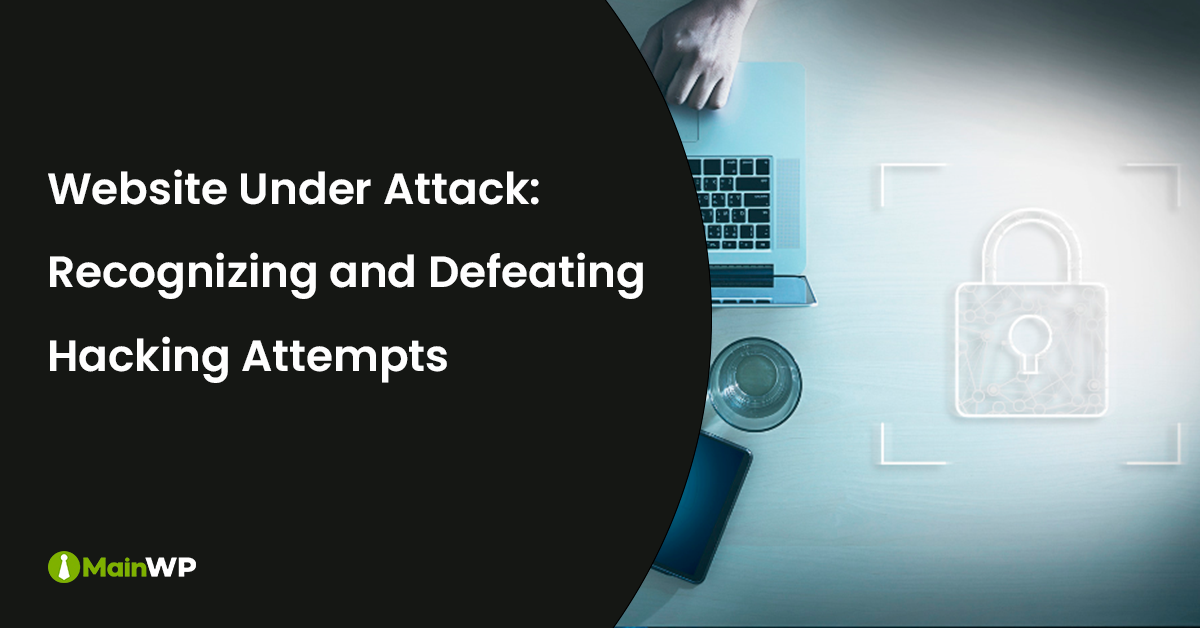WordPress is a popular content management system (CMS) that powers millions of websites worldwide. Unfortunately, its popularity also makes it a target for hackers. If you think your WordPress site has been hacked, there are a few things you can do to check.

Here are some of the signs that your WordPress site might have been hacked:
- Your site is redirecting to another site. If you try to access your site and it redirects you to a different site, it indicates that your site has been hacked.
- You see strange content on your site. If you see any content you didn’t create on your site, such as new pages, posts, or images, this could be a sign of a hack.
- Your site is showing errors. If you see errors on your site, such as 500 or 404 errors, this could be a sign that your site has been hacked.
- Your site is loading slowly. If your site is loading slowly, this could be a sign that your site has been hacked and is being used to host malware.
- You’re getting emails from users reporting problems. If you’re getting emails from users reporting that they can’t access your site or seeing strange content on your site, this could be a sign of a hack.
You must check your site for malware if you see any signs. There are a few different ways to do this:
- Use a WordPress security plugin. Many WordPress security plugins can scan your site for malware. Some popular options include Wordfence, Sucuri, Shield Security, and All-in-One Security.
- Use a website scanner. Many website scanners can scan your site for malware. Some popular options include Sucuri SiteCheck, URL Reputation, and Invicti.
- Manually scan your site. If you’re comfortable with the technical aspects of WordPress, you can manually scan your site for malware. This involves looking for changes in your files and database that might indicate a hack.
Once you’ve scanned your site, if you find any malware, you’ll need to remove it. This can be a difficult process, so following the instructions carefully is essential.
Once you remove the malware, you must update your WordPress core, themes, and plugins to the latest versions. This will help to prevent future hacks.
If you need help checking your site for malware or removing it, you can hire a WordPress security expert to help you.
Here are some essential tips to help you prevent your WordPress site from being hacked:
- Keep your WordPress core, themes, and plugins up to date. Hackers often target vulnerabilities in outdated versions.
- Use a strong password for your WordPress admin account. Your password should be at least 12 characters long and include a mix of upper and lowercase letters, numbers, and symbols.
- Enable two-factor authentication for your WordPress admin account. This will add an extra layer of security to your account.
- Use a WordPress security plugin. A good security plugin can help to protect your site from malware and other attacks.
- Be careful what plugins you install. Only install plugins from trusted sources.
- Back up your site regularly. This will help you to restore your site if it is hacked.
Hacking is a serious problem, but it mustn’t be a disaster. By following these tips, you can stay one step ahead of the hackers and keep your site safe.







